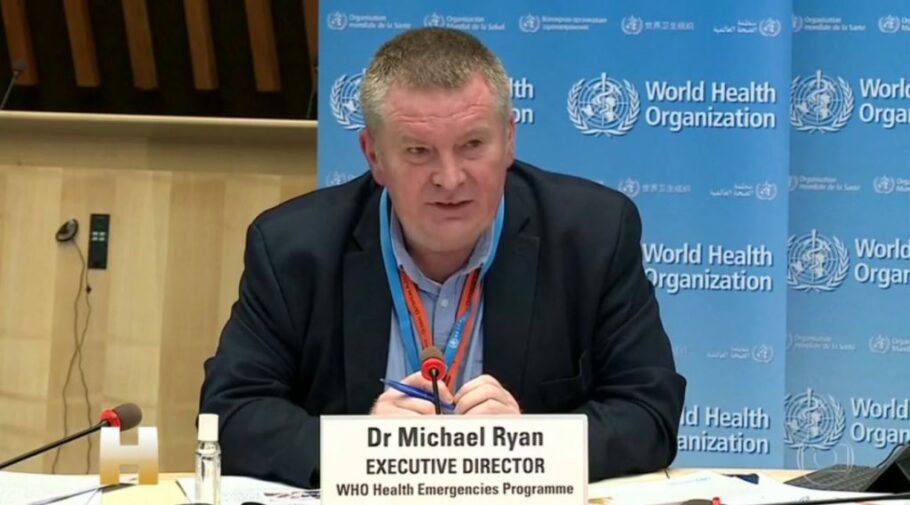RIO DE JANEIRO, BRAZIL – The World Health Organization (W.H.O.) emergency director, Michael Ryan, alerted on Monday that Brazil is still showing high levels of transmission of Covid-19, the disease caused by the novel coronavirus (Sars-CoV-2).
“Brazil is sustaining a very high level of epidemic, the curve is somewhat flattened, but it’s not going down,” Ryan warned.
Ryan recalled that although the number of cases in Brazil is growing by approximately ten percent per week, the number of cases in the country is very high. In addition, the number of positive cases among people who are tested is about 20 percent – which, he said, is “very high”.

“Many of the indicators for Brazil are effectively pointing to ongoing community transmission, and continuous pressure on its healthcare system,” the emergency director said.
“Brazil continues to have between 50 and 60,000 new cases per day. ICUs are still coping – and, again, it’s a tremendous credit to Brazil’s healthcare professionals; they’ve been at it for months,” Ryan praised.
“ICU occupancy in many locations now exceeds 80 percent, in some places, it’s 90 percent. Anyone working in ICUs and in an infectious disease situation is aware of the pressure and stress on these people and their families. Sustaining this for months is an almost impossible task,” he said.
On Saturday, August 8th, Brazil passed the 100,000 Covid-19 deaths mark. It is the second-highest number in the world, behind only the United States. Over the weekend, the country also passed the three million cases mark.
According to the W.H.O. emergency director, the rate of transmission of the disease – the so-called R0 – fluctuates between 1.1 and 1.5 in the country. This means that an infected person contaminates, on average, more than one other person. For the spread of the disease to be under control, the R0 must fall below 1 (i.e. one infected person contaminates fewer than one other person).
Ryan once again pointed to the challenge in maintaining virus control measures, such as the wearing of masks and social isolation, particularly among the poorest due to lack of resources.
“This is very difficult for a great many people in Brazil – many live in overcrowded and poverty-stricken areas, where sustaining this type of measure is difficult. The government should be supporting these communities – it’s very difficult to act as a community if you don’t have support,” he recalled.
“You need to empower people with actions, resources, knowledge. Communities cannot act with their hands tied. They need to be given the means, the resources, the knowledge,” he said.
Source: G1

